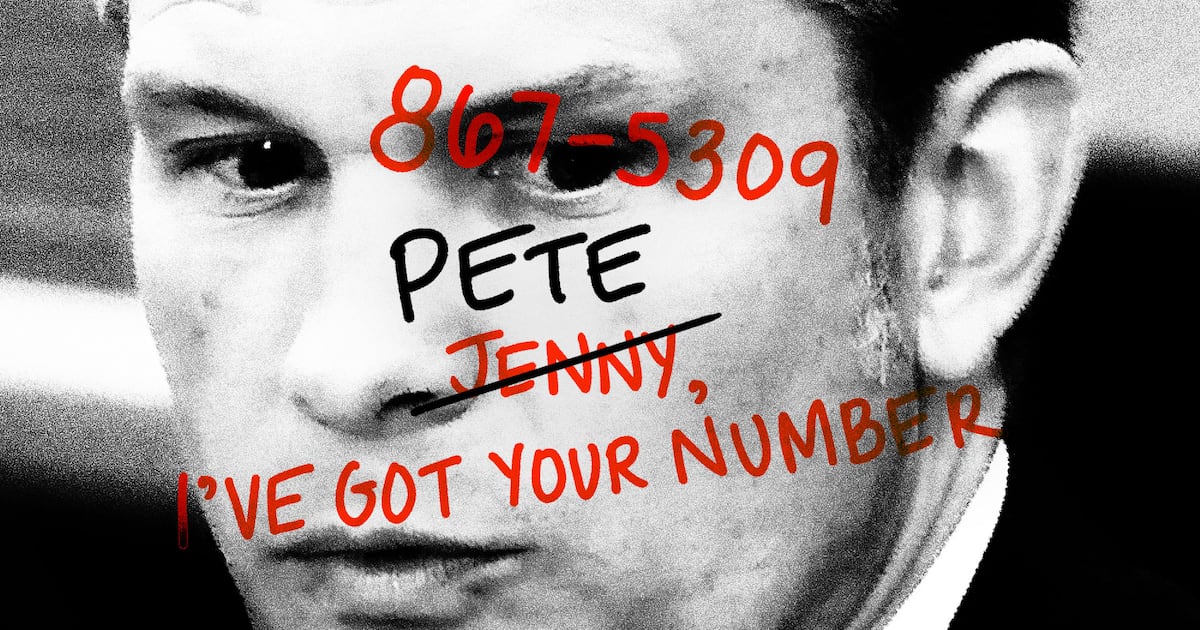One thought kept occurring to this critic throughout Caroline, Or Change, and a long time after: “No one is OK here.” Throughout you wonder what happy ending can possibly be achieved—and to the musical-meets-opera’s great credit, it isn’t. This spiky-shouldered show resists a happy ending and easy reading almost as much as its lead character appears so intent on rebuffing kindness and connection.
Tony Kushner’s 2003 musical (he wrote the book and lyrics, Jeanine Tesori the music) consistently cuts against expectations of all kinds—just as you might imagine by the playwright behind Angels in America, another unique, absolutely-of-its-own canvas. Caroline, Or Change looks and sounds beautiful, but it’s also a defiant, alluring curio in terms of story, structure, and character.
This is the Roundabout Theatre Company/Broadway incarnation of the 2017 British production, which began life at the Chichester Festival, before heading to West End.
It is November 1963 in Lake Charles, Louisiana. When we first meet Black maid Caroline Thibodeau—the astounding, Oliver Award-winning Sharon D Clarke, making her Broadway debut—she is in the basement of the white Gellman family home she works in, serenaded by a singing washing machine (Arica Jackson), and a trio who stand for the radio (Nasia Thomas, Nya, Harper Miles). “Nothing ever happen under ground in Louisiana/Cause they ain’t no under ground in Louisiana./There is only/under water,” Caroline sings, setting up recurrent themes in the musical itself.
This opening sequence is so daffy—the wonderful costumes (and set) are by Fly Davis—that at first you might think of the dancing objects of Fantasia. Perhaps this will be one of those shows featuring someone with a rich, surreal inner world. But no, Caroline is a stern presence very much rooted in reality, determined to ward off the hero worship and attempts at friendship of Gellman son Noah (Adam Makké), whose father Stuart (John Cariani) plays the clarinet and not much else.
Noah hates his new stepmother Rose (Caissie Levy), and Caroline isn’t too keen on her either, not least because Rose keeps misnaming her “Carolyn.” Rose wants the women to be friends, or at least have a semblance of friendship. But no, Caroline just wants to wash the family’s clothes and preside over her basement domain. The musical insinuates that it’s OK to dislike Rose for no apparent reason, apart from being shallow and simpering, but we soon see she is as insecure and questioning as everyone else. Everyone in Caroline, Or Change is askew and ill at ease.
The title of the musical is as double-meaningful as the basement. Caroline is steadfastly resistant to change, and also fishes change out of Noah’s pockets when it comes to washing his trousers, putting his coins in the cup reserved for bleach. But Rose, as well as giving Caroline food for her children she doesn’t want (cabbage, yuk), also wants Caroline to take the money herself, and enjoy spending it on her kids. But Caroline is rock-solid in her determination to behave properly, boundaries up and respected, and do things as they have always been done.
Around this saga of loose change, which ultimately takes Caroline and Noah down parallel, destructive dark paths, the musical embeds storylines around how to confront racism, the effects of JFK’s death, Jewishness, resistance, and how we can change—and what that change can amount to personally and politically. Occasionally, the actors slip into speech, and occasionally the Moon (N’Kenge) appears shimmeringly above, another harbinger of change, whether desired or not.
The basement is not just a physical space, but a psychological one. Caroline dourly stays there, rooted in past grief and determined to fulfill what she considers her responsibilities to her three children; Noah’s basement is about loss, about dreaming of a time he can be part of a family. He wants to be somebody’s child and sibling. His father is lost in his own grief. Rose wants to be a good stepmother, a good employer, to find a purpose or reason as a wife and mother, but no one wants to seem to want that from her.
Emmie (the excellent Samantha Williams), Caroline’s daughter, wonders why her mother seems so beaten down, as does her best friend Dotty (Tamika Lawrence); Emmie wants to fight racism, and cuts through the grief over JFK by saying he didn’t do enough for Black people—although she takes issue with Rose’s rabble-rousing father (Chip Zien) about how violent resistance should be. All this plays out at a Chanukah party, where merriment squawks desperately above denser politics and more fraught emotions. The show knows how to put on a great, glittering song and dance sequence, and then deliver a balloon-puncturing dose of cold, hard reality.
The collision of musical styles and Kushner’s clever, witty lyricism makes Caroline, Or Change a haunting, unforgettable musical. This critic loved its ambition, even if it was occasionally perplexing and opaque. Like Angels in America, the material fleshes out detail and the personal—trousers, musical instruments, comic books, lost coins, and bank notes—while also being proudly political, and showing how centrally politics exerts itself as a force on people’s lives.
Caroline, Or Change, despite that central, much-repeated theme of change, doesn’t leave everyone happy and transformed at the end. It cannot and will not. It leaves people hovering in different kinds of stasis, with a flickering sense they will move forward, albeit falteringly. If Caroline is determined not to change, she may facilitate it for others.
All the actors are sterling, but this is absolutely Clarke’s show. Her act two aria, “Lot’s Wife”—a fuller-throated cry from the head and heart it is unlikely that you will hear bettered this season—is so powerful it will lodge and vibrate in your bones. You will also sit in sheer wonder as Clarke gives so much to give it to us.






